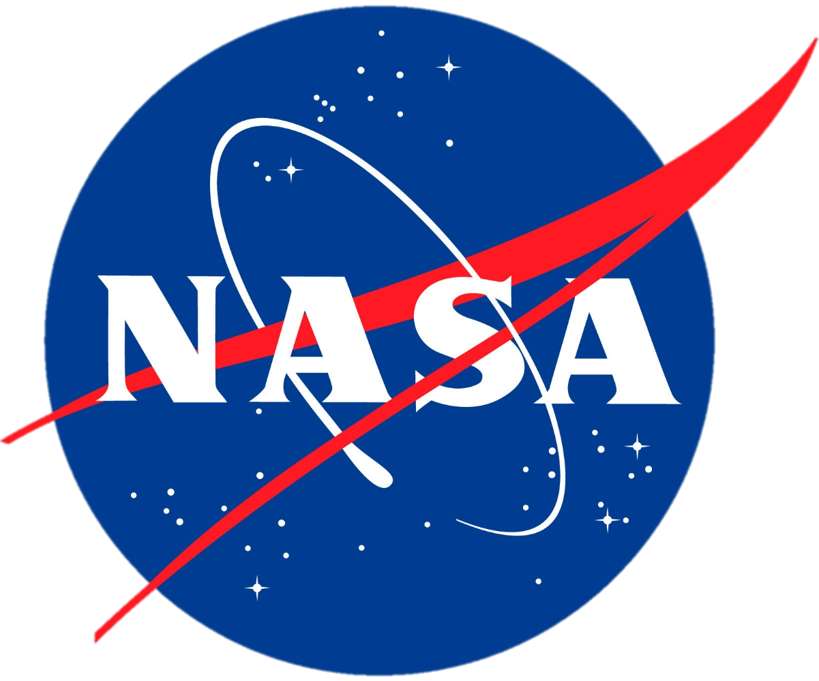Lucy
Time capsules from the birth of our Solar System more than 4 billion years ago, the swarms of Trojan asteroids associated with Jupiter are thought to be remnants of the primordial material that formed the outer planets. The Trojans orbit the Sun in two loose groups, with one group leading ahead of Jupiter in its path, the other trailing behind. Clustered around the two Lagrange points equidistant from the Sun and Jupiter, the Trojans are stabilized by the Sun and its largest planet in a gravitational balancing act. These primitive bodies hold vital clues to deciphering the history of the solar system, and perhaps even the origins of organic material on Earth.
Lucy will be the first space mission to study the Trojans. The mission takes its name from the fossilized human ancestor (called “Lucy” by her discoverers) whose skeleton provided unique insight into humanity’s evolution. Likewise, the Lucy mission will revolutionize our knowledge of planetary origins and the formation of the solar system.
Lucy will launch in October 2021 and, with boosts from Earth’s gravity, will complete a 12-year journey to eight different asteroids — a Main Belt asteroid and seven Trojans, four of which are members of “two-for-the-price-of-one” binary systems. Lucy’s complex path will take it to both clusters of Trojans and give us our first close-up view of all three major types of bodies in the swarms (so-called C-, P- and D-types).
No other space mission in history has been launched to as many different destinations in independent orbits around our sun. Lucy will show us, for the first time, the diversity of the primordial bodies that built the planets. Lucy’s discoveries will open new insights into the origins of our Earth and ourselves.









